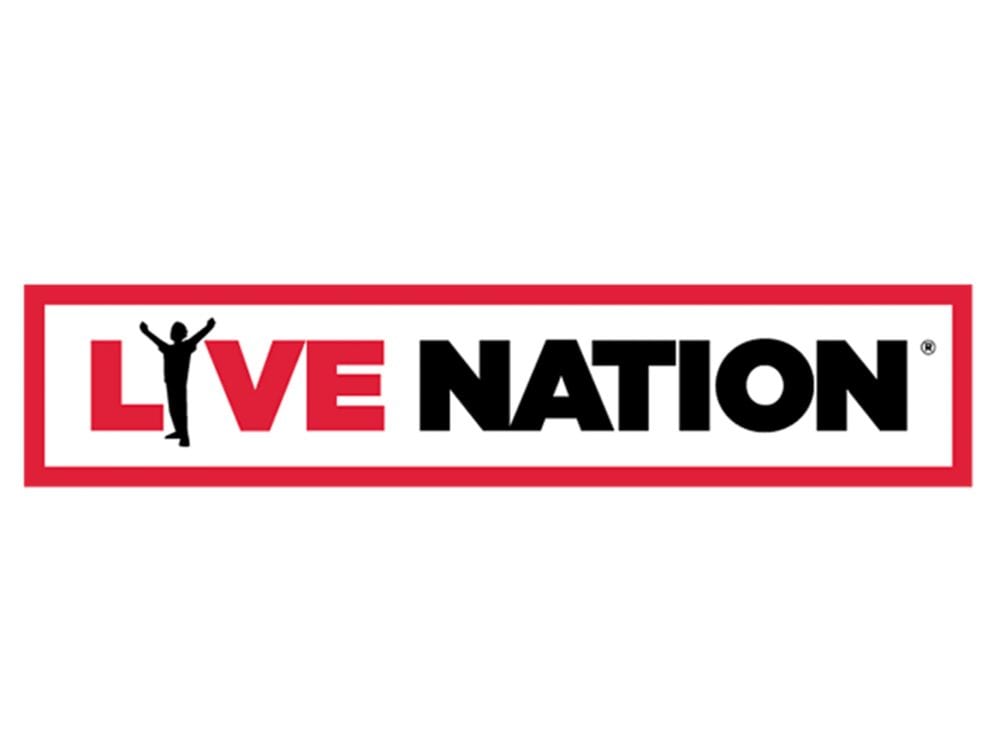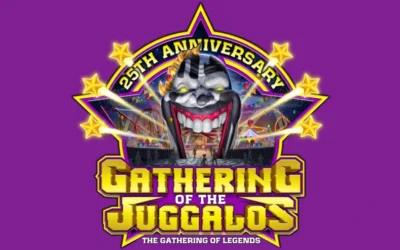Is the Ticketmaster/Live Nation Entertainment pairing an unlawful monopoly? That debate has been going on for years, reaching new intensity in the wake of the disastrous Taylor Swift Eras Tour sales process both last fall and just this week, which led directly to a hearing on the subject before the Senate Judiciary Committee in January. While Live Nation has continued to blame anyone but themselves for the issues that face consumers in ticketing, and spending enormous lobbying cash in the effort to keep meaningful reform from happening at either the state or federal level, many continue to hold the belief that until that alleged monopoly is addressed, things will not improve for consumers – they will only get worse.
This week, the American Antitrust Institute (AAI) produced a new analysis of the company, and proposed several potential remedies that the Department of Justice and other federal regulators could potentially pursue that might curb Live Nation/Ticketmaster’s enormous market power.
“Allowing the Live Nation-Ticketmaster merger in 2010, and extending the consent decree in 2020, are leading examples of failed antitrust enforcement,” writes AAI. “However, public reports indicate that DOJ is again investigating Live Nation’s practices, which presumably builds on existing evidence of illegal conduct. Perhaps the third time will be the charm, if an investigation culminates in a monopolization case against Live Nation.”
It later elaborates:
Based on recent developments, a new monopolization case against Live Nation could open the door to antitrust enforcement of harmful conduct that goes beyond the focus of the 2010 consent decree and 2020 amended consent decree. For example, Live Nation’s “durable” monopoly in primary ticketing—which is the wellspring of its incentive to exercise market power—remains unchecked. The company also controls an estimated 60% of the concert promotion market and is estimated to have exclusive contracts with about 70% of venues.
Moreover, since 2010, Ticketmaster has set up shop in the resale market, where it has amassed market share and risen to dominance. With $4.5 billion in revenue from resale in 2022, more than double what it earned in 2019, Ticketmaster has eclipsed many of its rivals. This array of dominant market positions means that Live Nation has incentives to limit competition in markets beyond the sale of ticketing services to independent venues. A hypothetical monopolization case against Live Nation could, therefore, refocus the lens on the unsolved problem of throttling independent venues. But it could also target Ticketmaster’s practices that restrain competition in the resale market.
The piece continues on, examining several potential angles regulators might take to meaningfully impact the competition landscape in ticketing by blunting Live Nation/Ticketmaster’s enormous market power, which it argues is so massive that the company may not even need to violate the terms of its consent decree – other entities simply know they have no choice but to “fall in line” with whatever the behemoth wants to happen, because they know there is no hope of viably operating any other way.
Their core suggestions, with highlights of the position details:
- Full divestiture of Ticketmaster from Live Nation
- “Only a complete divestiture of Ticketmaster would eliminate Live Nation’s ability and incentive to throttle independent venues. Post-divestiture, independent venues could choose a ticketing platform that meets their needs, without the threats of retaliation that DOJ’s most recent investigation exposed. Entry into the ticketing market by competitors would also be easier and new entrants that offer better ticketing platforms could become viable challengers.”
- Dismantling Ticketmaster’s Anti-Resale Practices
- “With almost complete control of the primary ticketing market and now also a dominant position in resale, Ticketmaster has powerful incentives to frustrate competition from resellers and drive fans back to its own ticketing platforms. Squeezing out rival resellers is profitable, as demonstrated Ticketmaster’s myriad practices for shutting down competition.”
- “Ticketmaster’s strategy to leverage its primary market dominance into the secondary market has been a success. And while some have suggested a prohibition on Ticketmaster engaging in resale, this would do nothing to eliminate its incentive to use its dominance in primary ticketing to restrain competition in resale. A remedy that would fully restore competition is breaking up Ticketmaster into a number of smaller entities, just as AT&T was broken up into “baby Bells” in the 1984 consent decree.”
- Supporting Strong Legislation to Pair With Structural Remedies
- “While structural antitrust remedies should be the tip of the spear in re-injecting competition in the live events markets that have been debilitated by Live Nation, some legislative proposals could serve to bootstrap them. For example, California SB829 would prohibit the ticketing provider’s use of exclusive contracts with venues, a favored tactic of Live Nation’s. The bill would allow, though not require, venues to contract with more than one ticketing company.”
- “There are also several proposals at the federal level. Some would be helpful to competition while other would be harmful. Take the Better Oversight of Stub Sales (BOSS) and Strengthening Well Informed and Fair Transactions for Audiences of Concert Ticketing (SWIFT) Act (H.R. 3360), and the Unlock Ticketing Markets Act (S. 1321). Among other things, BOSS and SWIFT would protect ticket transferability and, therefore, the viability of the secondary market. These bills also rein in practices such as opaque pricing and ticket inventory strategies that harm consumers. S. 1321 seeks to eliminate exclusive contracts, albeit through different means than the California proposals. Other federal proposals seek to enshrine terms and conditions into law that give artists, venues, or the ticketer the ability to limit competition through transferability restrictions, price controls, or other means. Such proposals would ultimately further consolidate market power in the supply chain, to the detriment of fans.”
Taking on Live Nation and Ticketmaster is no small task, the AAI admits. But it argues that the strong bipartisan support shown at January’s Senate hearing is an indicator that the climate is right for major action. And consumers have more than made their voice heard, bringing multiple lawsuits against Ticketmaster/Live Nation alleging anti-competitive behavior regularly, despite the fact that the company’s army of litigators have successfully used arbitration clauses that consumers have no choice but to accept as part of their ticket purchase to remove the right of action from the courts into closed-door proceedings tilted in the company’s favor.
“To borrow a sports metaphor,” the piece concludes, “DOJ has a slam dunk of a case to break up Live Nation and Ticketmaster, and the fans are on their side.”




